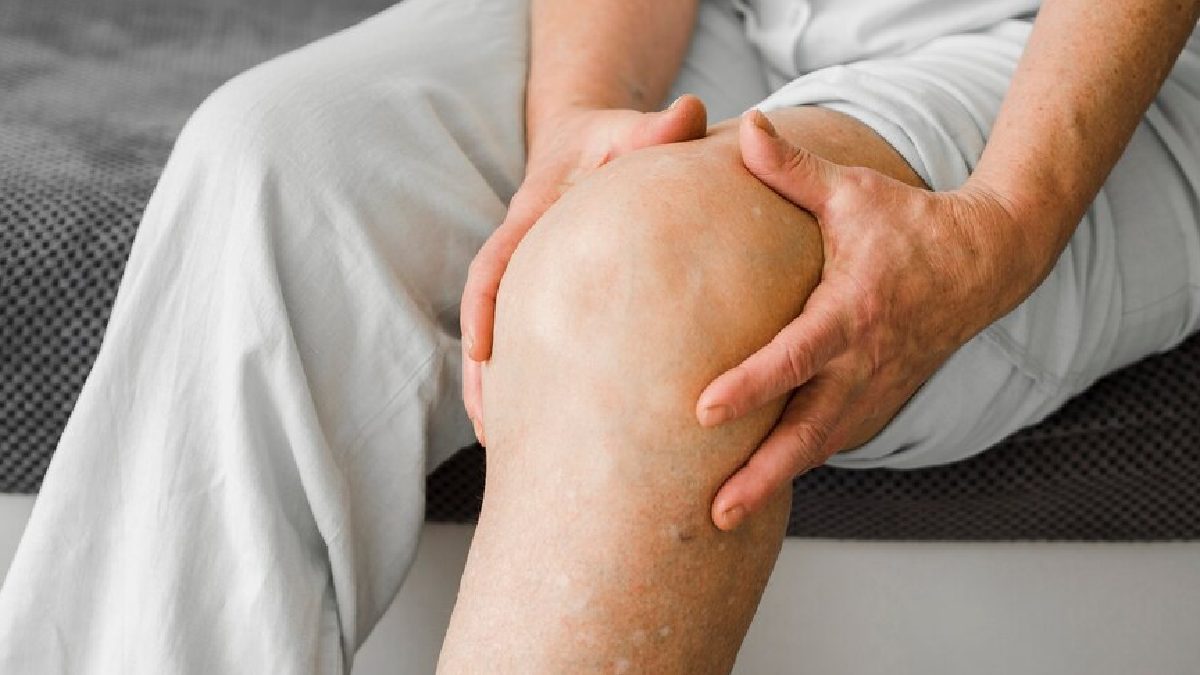
Rheumatoid arthritis (RA) is a chronic autoimmune disease that primarily causes pain, inflammation, and stiffness in the joints, as per the World Health Organisation (WHO), which informed that as of 2019, 18 million people worldwide were living with RA. The magnitude of people affected by this disorder begs the necessity of being aware of triggers that can worsen RA-induced joint pain.
Table of Content:-
Stress and Emotional Well-being

WHO shared that when you're stressed, your body releases stress hormones that can increase inflammation, pain, and joint stiffness. Relaxation techniques can always help you to manage stress till it is not chronic enough that it can’t be managed at home. You can try meditation, deep breathing exercises, and yoga to alleviate stress in your life. The whole point is to prioritise your emotional well-being to help reduce the impact of stress on your RA symptoms.
Inadequate Sleep
Apparently, a lack of quality sleep can have a significant impact on RA symptoms. As per the Arthritis Foundation, ‘When you sleep, you make all those brain chemicals that you need to feel better. If you’re not rested, you don’t have all of these good hormones. So it may be more difficult to handle your pain.’
Also Read: Health Conditions That Cause Joint Pain Other Than Arthritis
Dietary Choices

‘One of the more important lifestyle changes is adopting a noninflammatory diet that helps keep your tissues protected and strong,’ shared the Rheumatology Centre of New Jersey (RCNJ), while recommending the best practices to manage joint pain due to RA. Listing the foods to avoid, they shared- sugars and simple carbohydrates, fried foods, gluten, and processed foods.
Overexertion and Inactivity
It’s obvious that overexercising can put pressure on the joints. That is why most joint-related issues, especially knee-related issues occur in old age. However, as per a study published in the Journal of Ageing Research, inactivity is just as harmful. ‘The importance of the inclusion of exercise training in the treatment of RA is now clear and proven. All RA patients should be encouraged to include some form of aerobic and resistance exercise training as part of their routine care,’ the study concluded.
Environmental Factors
Experts suggest that environmental triggers, such as cold weather or humidity, can affect individuals with rheumatoid arthritis differently. Some people find that cold temperatures worsen their joint pain, while others may experience increased discomfort in humid conditions. Identifying your specific triggers and making adjustments, such as wearing appropriate clothing or using heating pads, can help mitigate their impact.
Also Read: Monsoon And Joint Pain: Understanding The Connection And Alleviating Discomfort
In conclusion, identifying and avoiding joint pain triggers is a crucial part of maintaining your quality of life with this condition. RCNJ also informs that RA doesn’t have a cure yet, and to manage it, lifestyle changes are just as important as medication. Remember that individual experiences with rheumatoid arthritis can vary, so it's essential to work closely with your healthcare team to create a personalised management plan that suits your needs and lifestyle.
*Disclaimer: Please note that this blog post is for informational purposes only and should not replace professional medical advice. Always consult with your healthcare provider for personalised guidance on managing rheumatoid arthritis.
Also watch this video
How we keep this article up to date:
We work with experts and keep a close eye on the latest in health and wellness. Whenever there is a new research or helpful information, we update our articles with accurate and useful advice.
Current Version